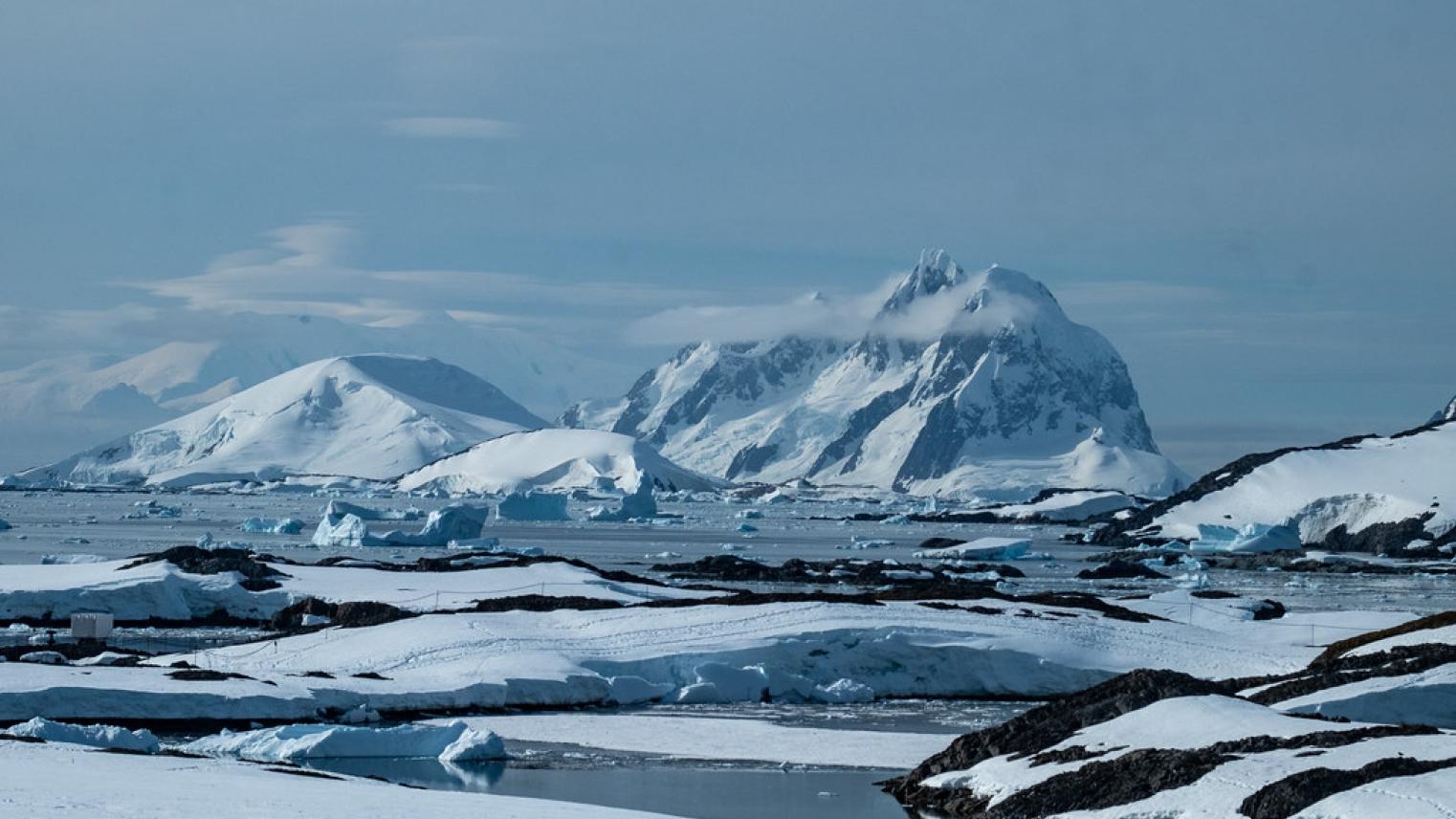Antarctica is home to one of the world’s most enduring joint problem solving partnerships. This presentation explores how scientists and diplomats use the interface between their professions in Antarctica to achieve outcomes in their own and each other’s interests.
Antarctica is home to one of the world’s most enduring joint problem solving partnerships. This presentation explores how scientists and diplomats use the interface between their professions in Antarctica to achieve outcomes in their own and each other’s interests. In particular, it updates the typology of Antarctic diplomacy through scientists’ eyes. Could what scientists and diplomats do there help decision-makers tackle problems with mixed political and technical features elsewhere? One answer lies in an innovative practice that can be seen in action in Antarctic diplomacy—international technical management. Conceived by Hedley Bull mid last century but not explored until now, international technical management offers a way for diplomats to access expert skill sets beyond their own to help resolve complex issues. Not just an Antarctic prototype, international technical management also has the potential to contribute to the evolving definition of science diplomacy.
SPEAKER
Annebelle Davis has a background in diplomacy and security. This track led her to research the diplomacy of science in Antarctica. She is keen to make the lessons scientists and diplomats have learned there available to future practitioners. Before embarking on her current academic pathway, Annebelle trained under Sir Lawrence Street, the founder of Australian Alternate Dispute Resolution. She is now a nationally accredited and highly experienced mediator.
